"My Friend Shared This Trick From Culinary School, And Now I Use It All The Time": People Are Sharing The Underrated Ingredient Hacks They Swear By In The Kitchen
There may not be any "cheat codes" that can instantly turn you into a spectacular chef, but there are a bunch of ingredients that can help transform your cooking. So redditor u/thighcandy asked, "What's the most underutilized ingredient by home cooks that pro chefs use all the time?" Here's some of what people said.
(Note: Of course, if you're incorporating any kind of "secret ingredient" into your cooking and planning to feed a group of people, always check on food allergies first!)
1."Pasta water! It blows my mind that more people don't use this secret ingredient to their advantage. My Italian grandma always used salty, starchy pasta water to amp up her sauces. It really is a game changer."
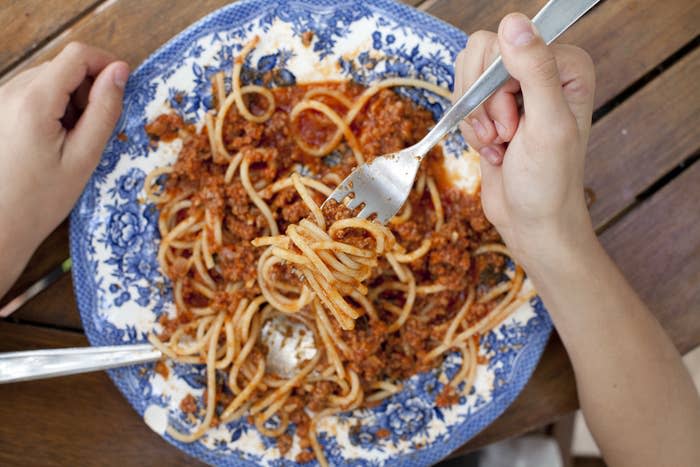
2."Lemon juice. It enhances the flavor in almost anything you're cooking. Vinegar is too dominant, but lemon juice adds just the right taste."
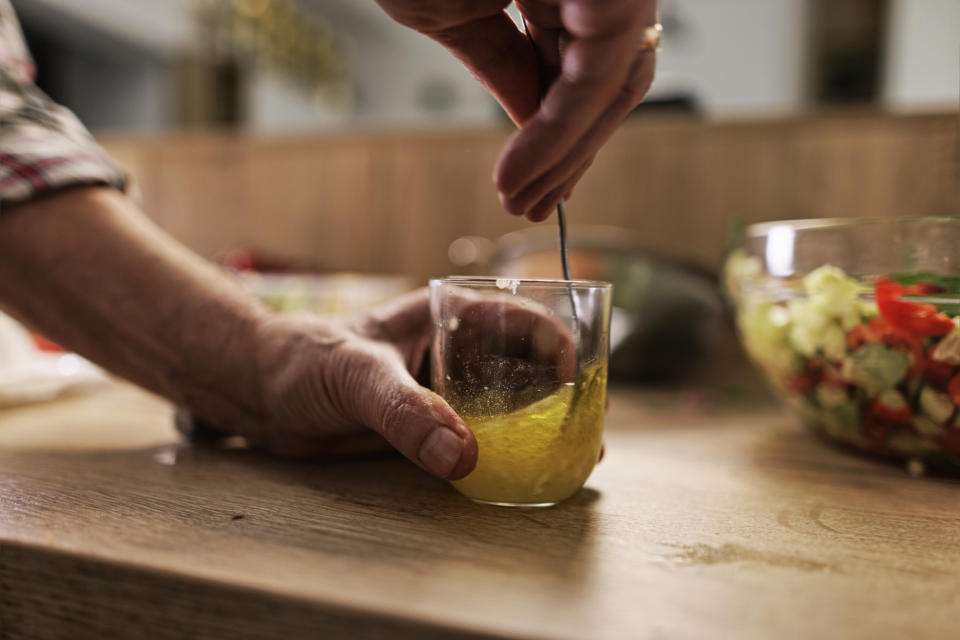
3."Wondra flour. Use this as the breading for anything you're deep-frying. It has a lower protein level than most other flours (such as all-purpose), which means it doesn't burn as easily and gets crispier."
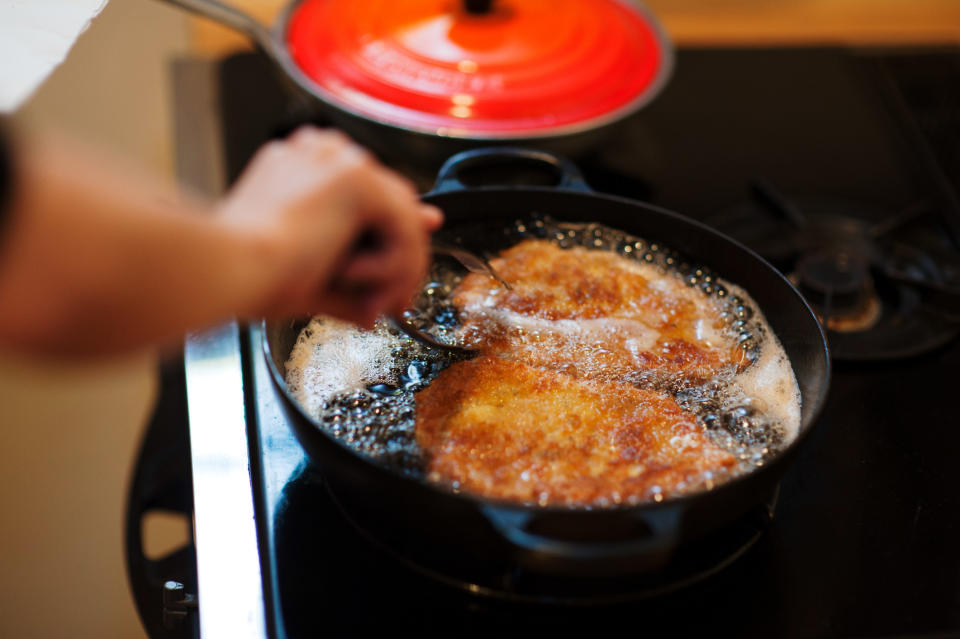
4."Fresh herbs. The difference between fresh basil or curry leaves and the dried stuff, for example, is basically night and day."
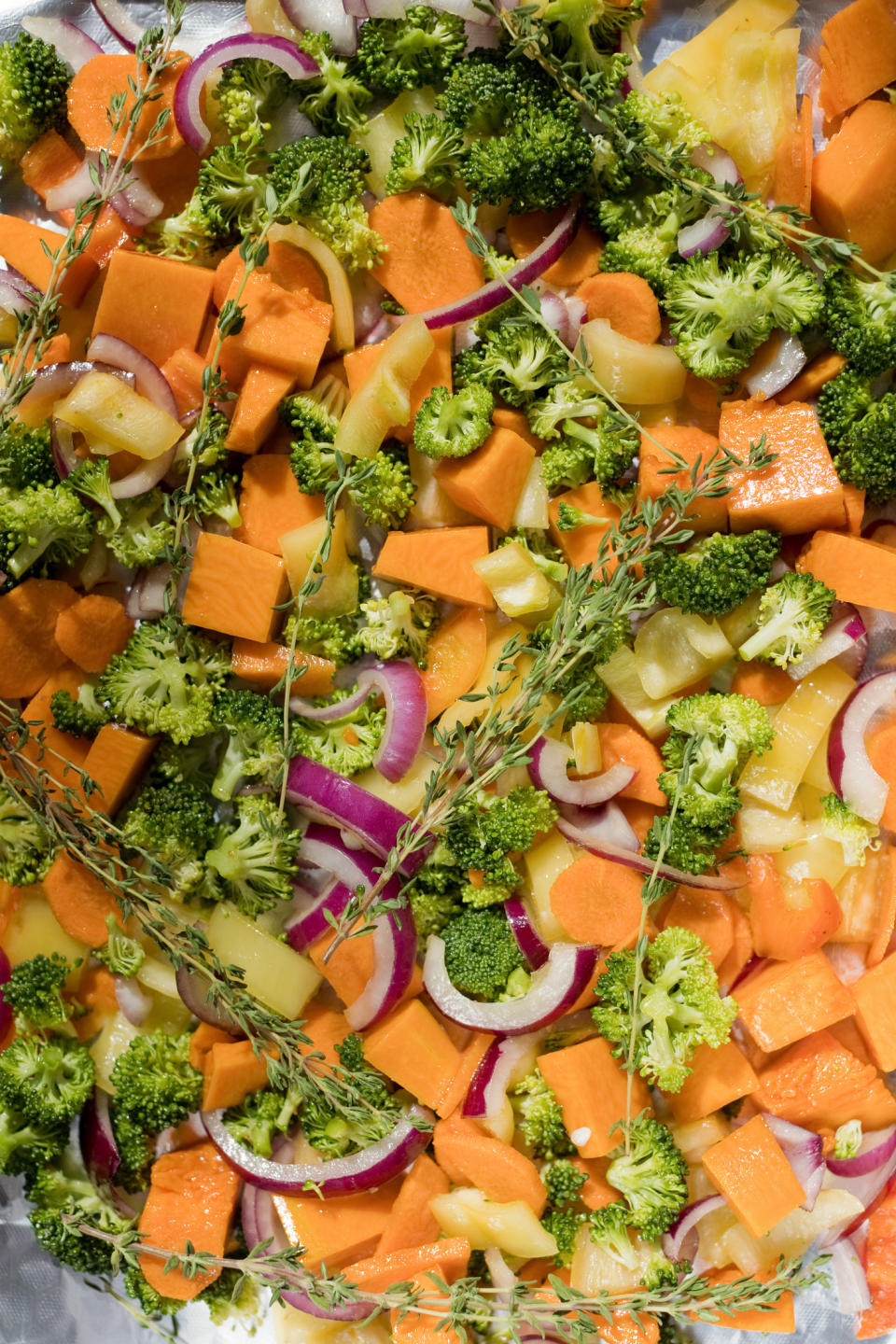
5."Garam masala! I find it to be so delicious in many savory dishes. I use this spice in place of cumin whenever it’s called for. It’s especially incredible in chili or any Asian-influenced dishes."
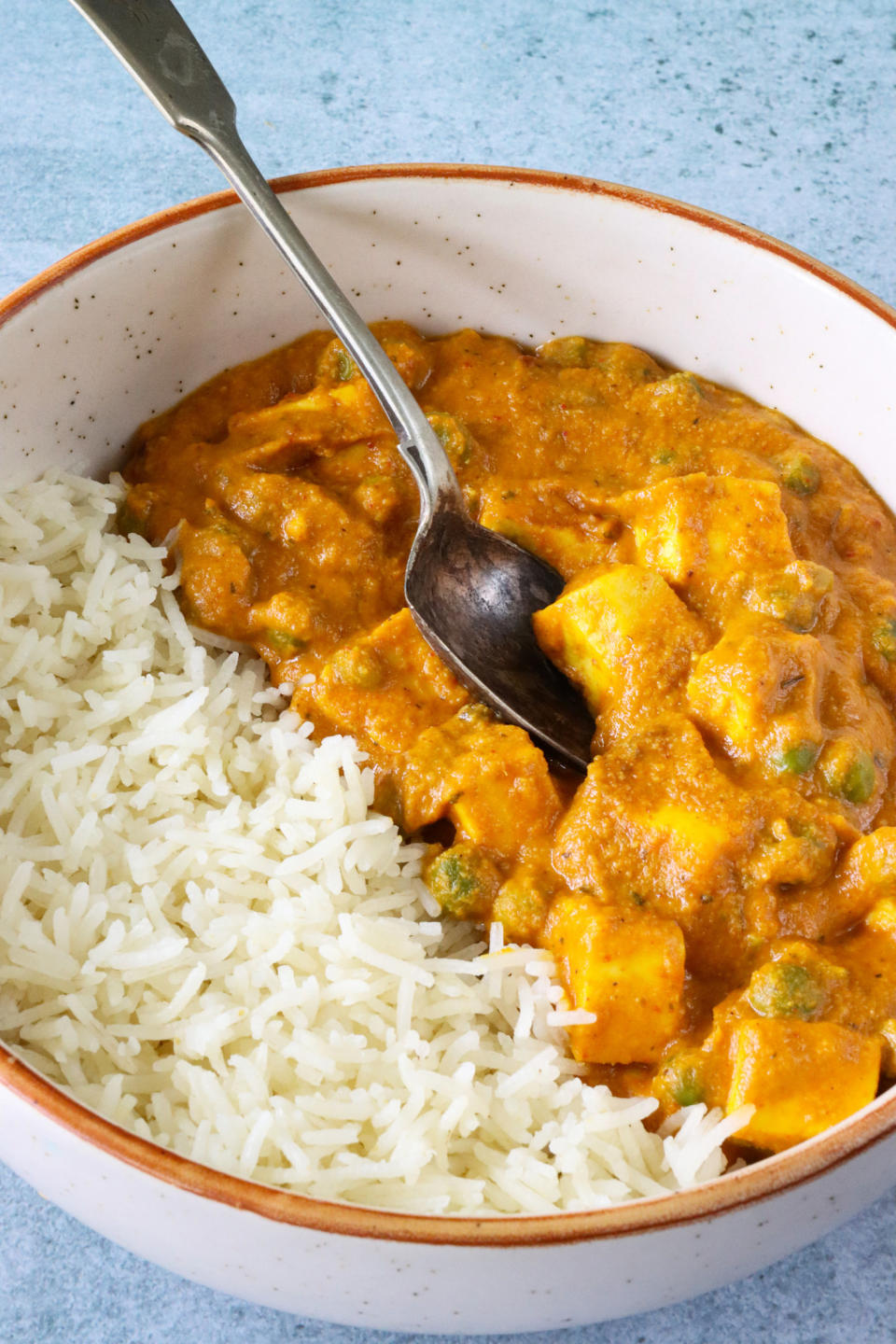
6."Gochujang has changed my life. I don’t find that it is all that spicy (sometimes I add gochugaru for an extra kick), but the flavor is just so unique and delicious. I like to mix mayo and gochujang into a spread or dip that makes everything better."
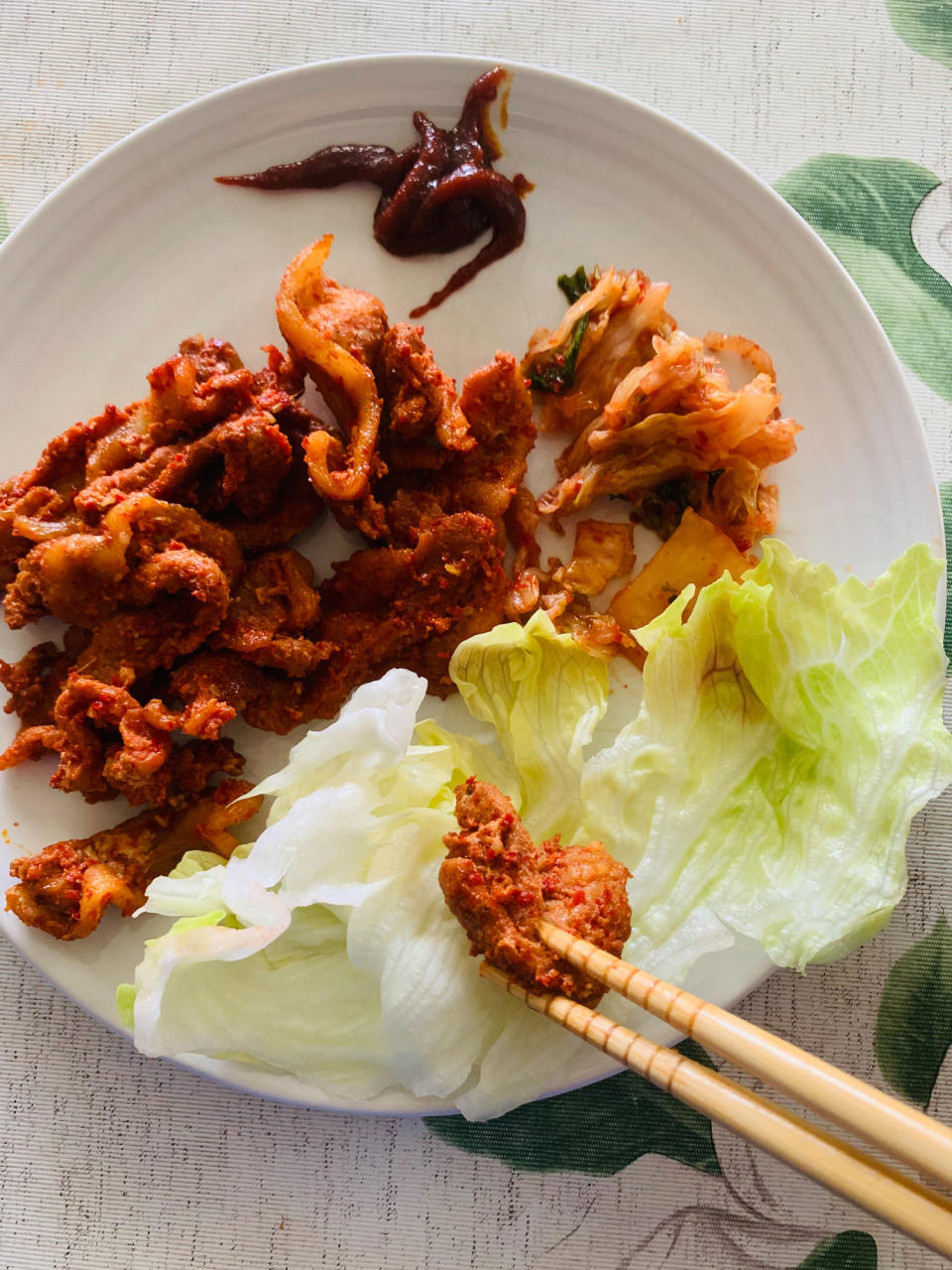
7."High-quality stock. I was floored when I finally had enough frozen chicken bones and a little meat from rotisserie chickens and I made my own stock. Homemade stock tastes so freaking rich, and you can control the seasonings and all that good stuff."
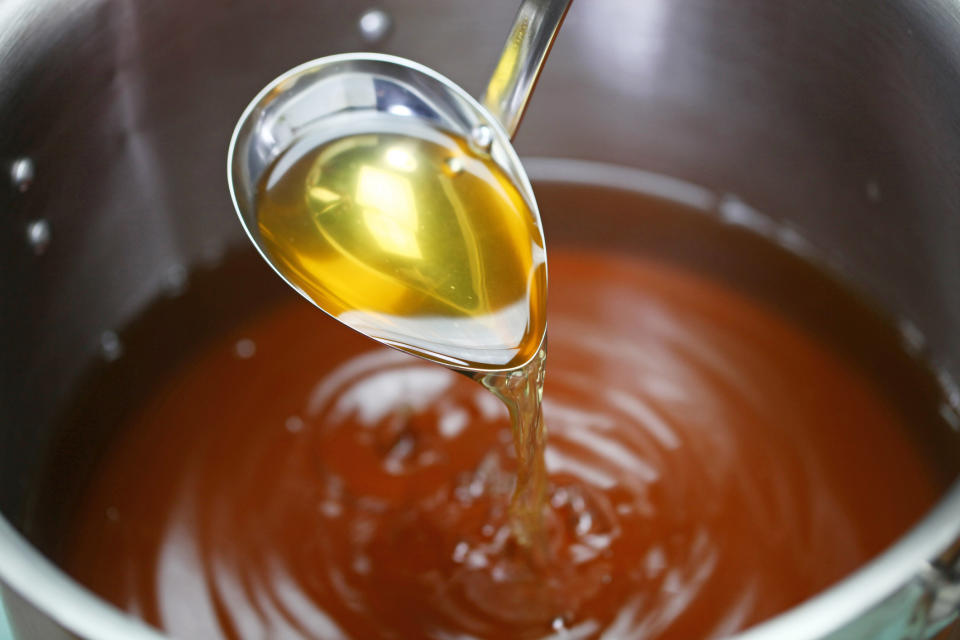
8."Sumac. My best advice is to get yourself a huge bag for like $15 and thank me later. It's lemony, salty, sweet and smoky, earthy, and a beautiful red color. Sprinkle it on toast, curry, chicken, steak, tacos, deviled eggs, ice cream. Just about anything."
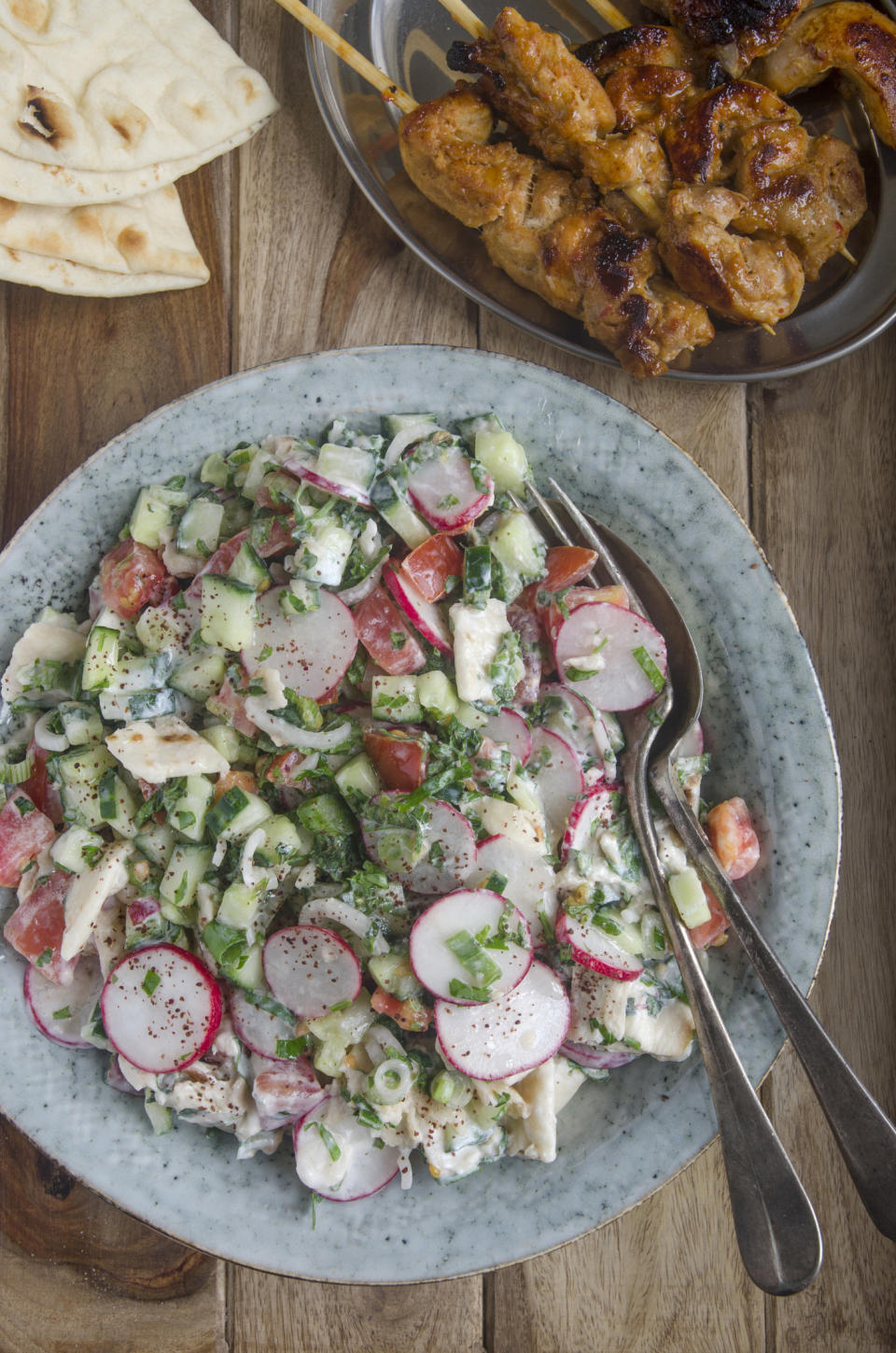
—Anonymous
9."Peanut butter. Just a little bit of creamy peanut butter can help thicken up many different kinds of sauces — like a roux traditionally would. It adds a complex, toasted umami component to the flavor. Just don't overdo it!"
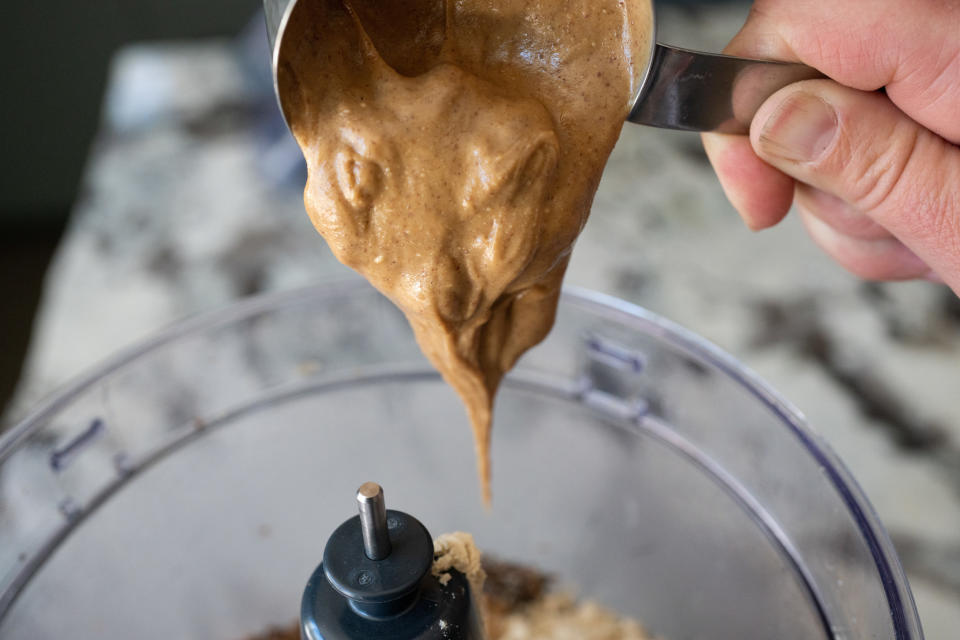
10."Fish sauce. It is a secondary source of salt that also brings another dimension of flavor."
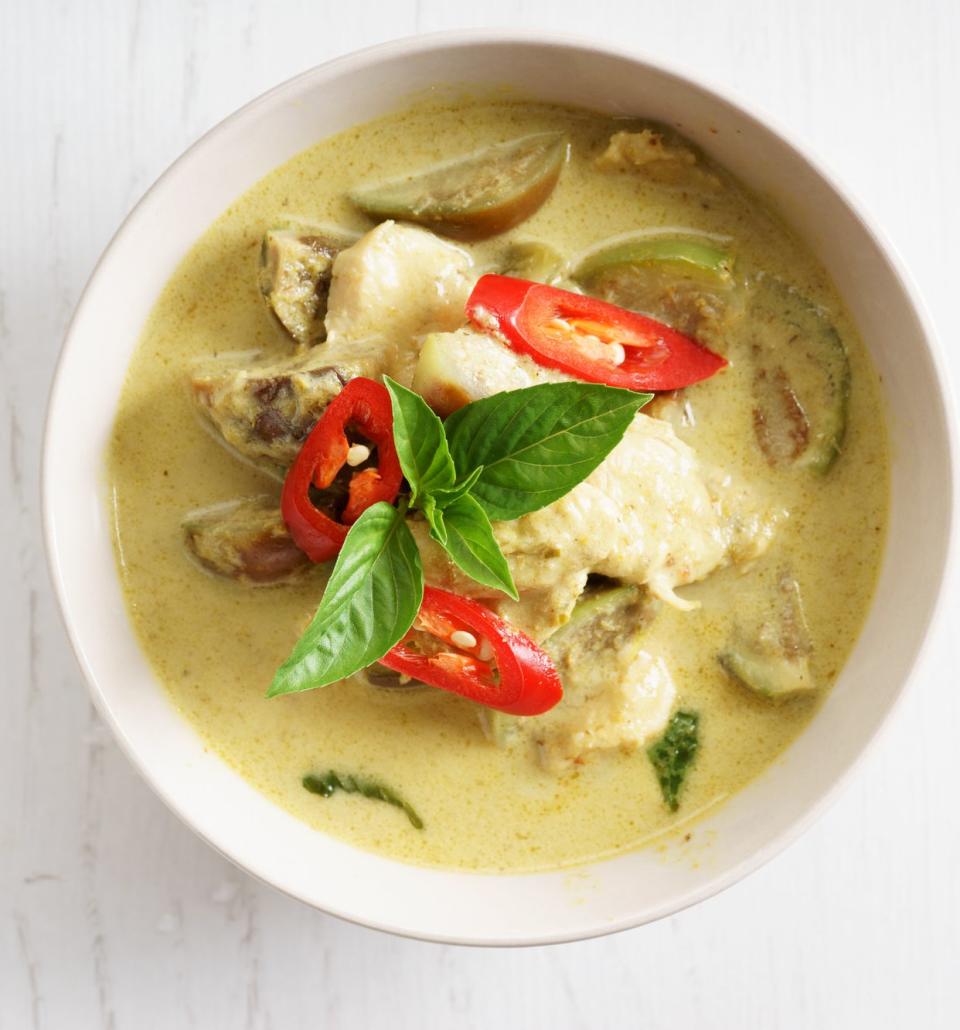
11."Salt, and specifically using salt to season in layers. Most people think they need to season food just once at the beginning or end of cooking."
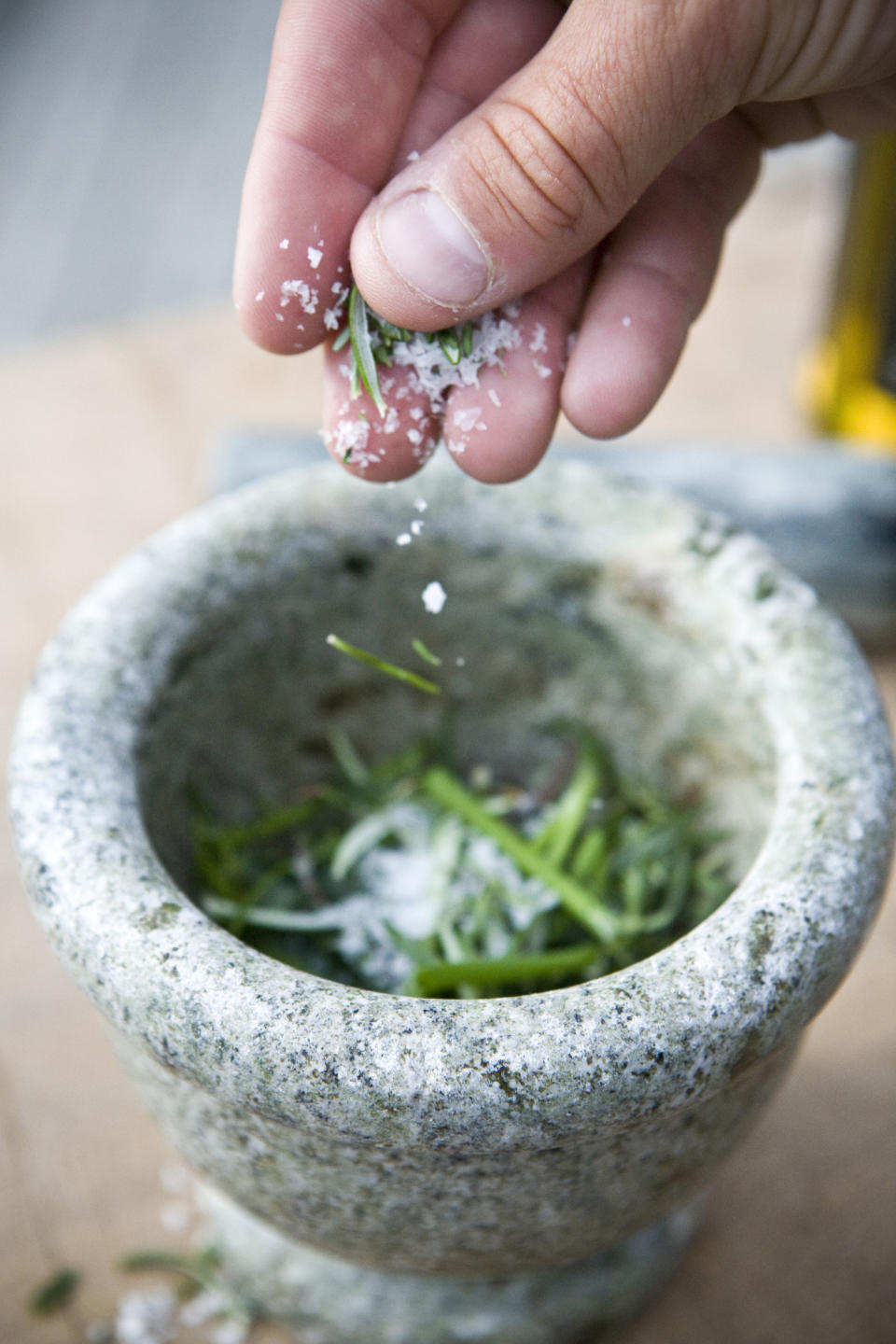
12."Sodium citrate. It emulsifies cheese sauces without the need to make a starch or roux, which results in an unnaturally (but incredibly delicious) creamy sauce."
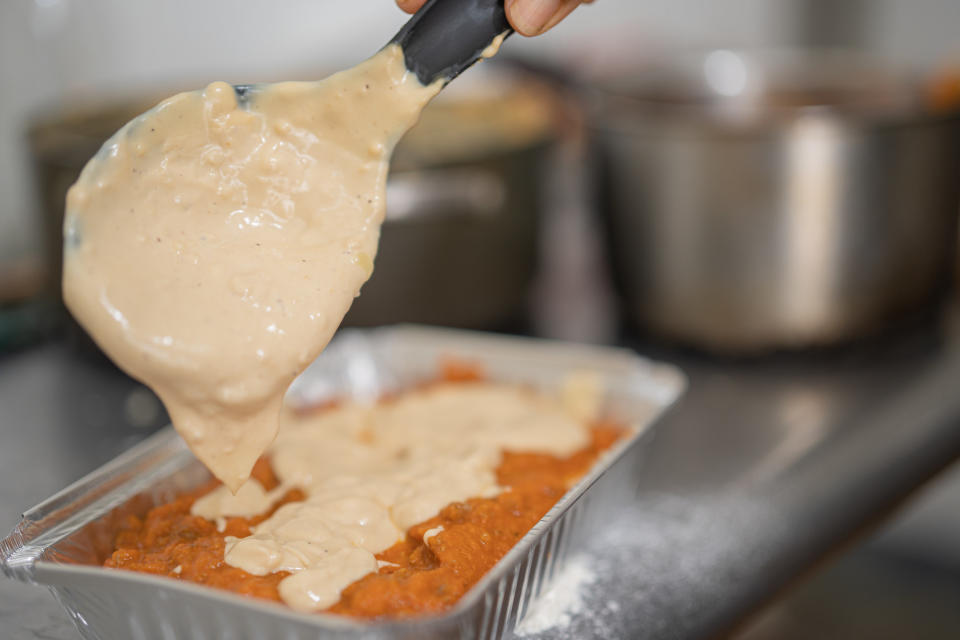
13."Toasted sesame oil. It adds a light nuttiness and saltiness to a dish."
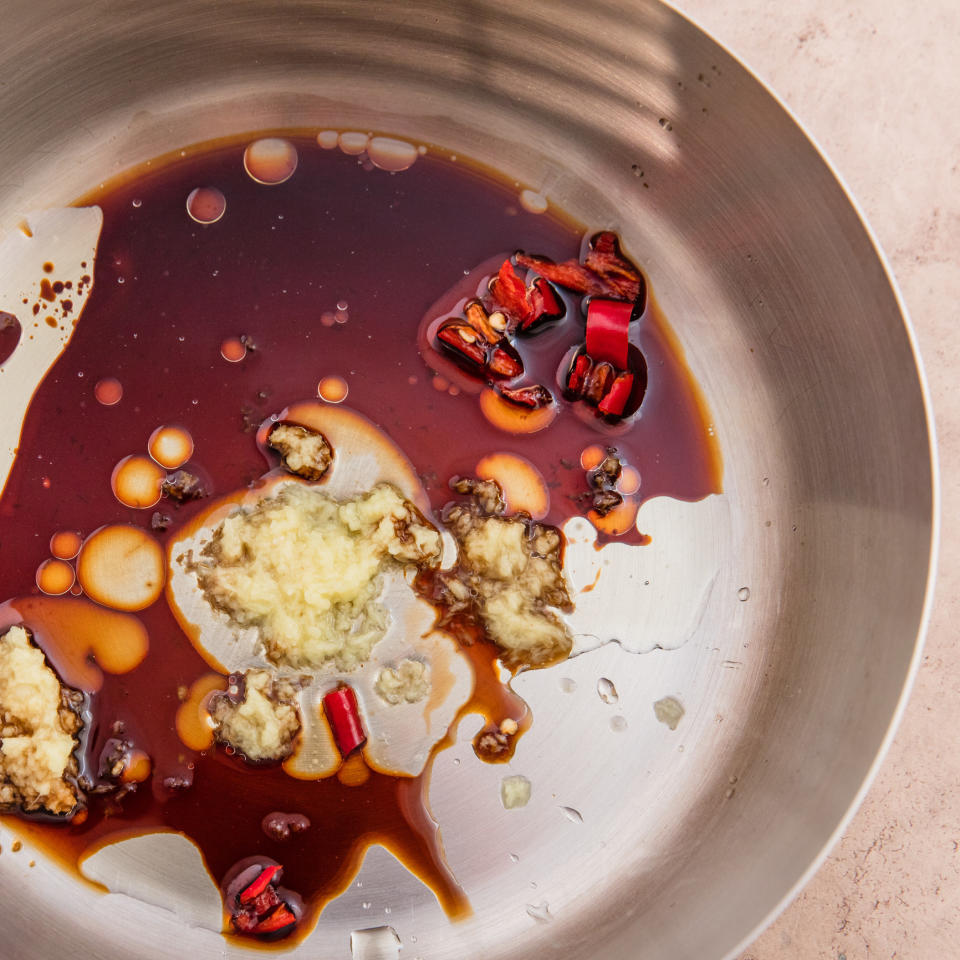
14."Good-quality butter. It’s amazing to me how people will happily slather their bread with loads of butter, but they balk at using a couple of tablespoons of it in cooking. That right there is the source of restaurant-level flavor."

15."Shallots. Onions and garlic may be more traditional, but I've found that the reason restaurant pan sauce has a deeper flavor than my homemade version is that they used shallots in their vinaigrette or in the pan while they roasted a chicken."
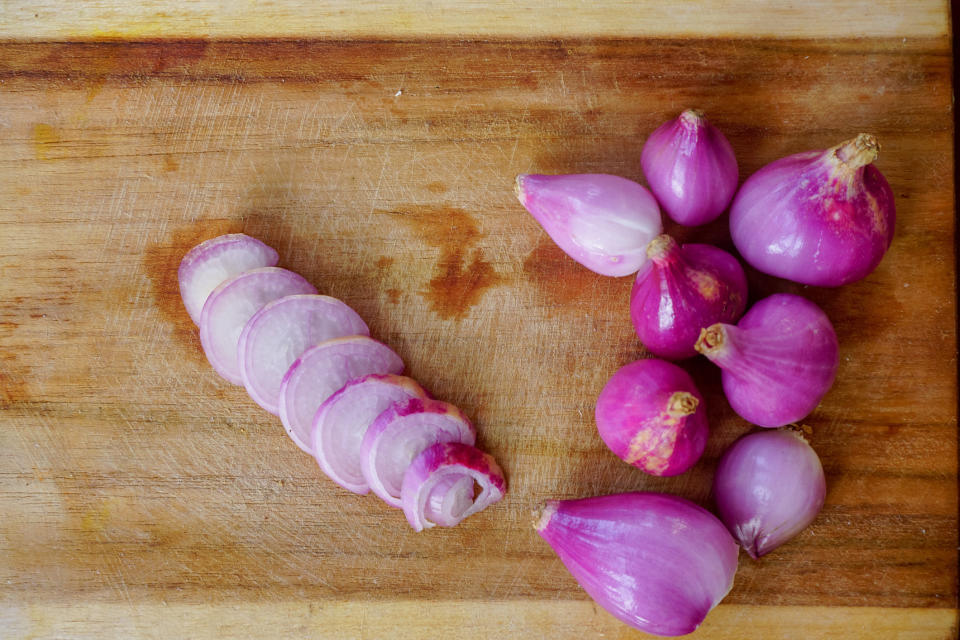
16."Pretty much anything umami-packed — whether it's fish sauce, tamari, Worcestershire sauce, etc. Great chefs use these ingredients liberally, and food really benefits from it."
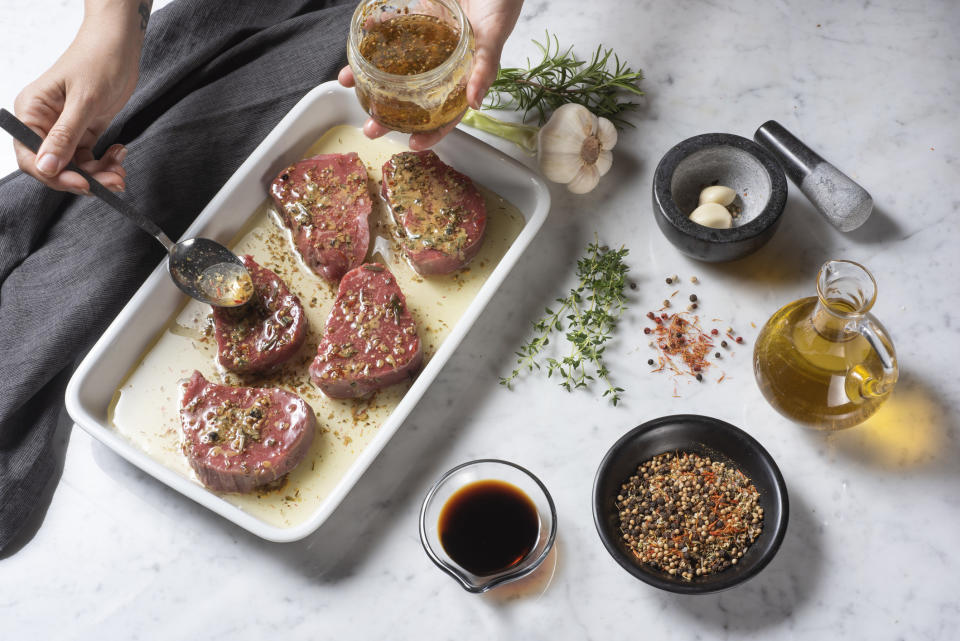
17."Bay leaves. Like salt, you don't want bay leaf to be the dominant flavor in anything, but adding it to your stew or pasta sauce makes a huge difference in flavor."
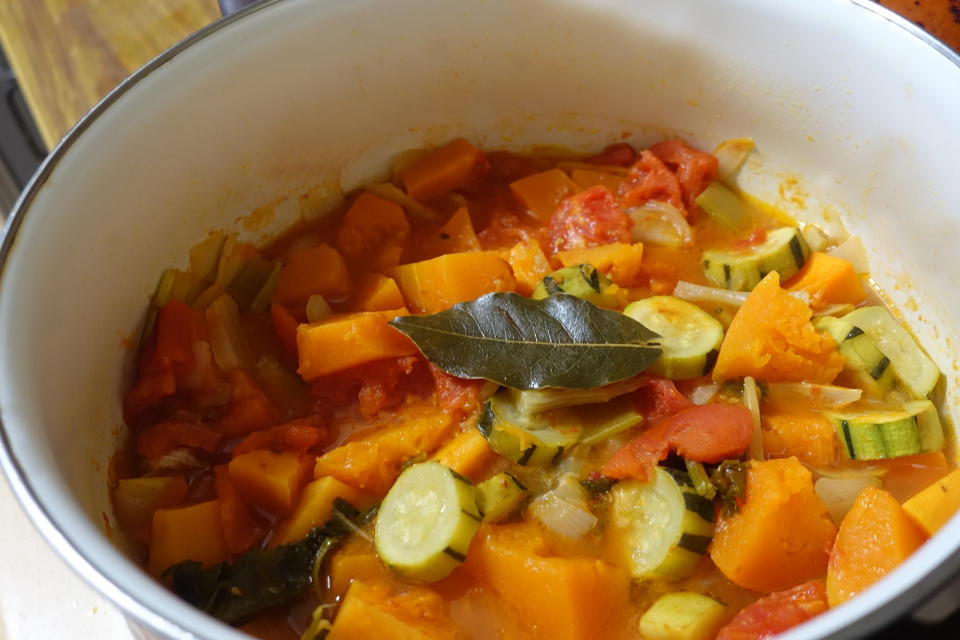
18."Miso paste. It's absolutely fantastic for roasting vegetables, making soups, and potatoes. The way it makes food taste is unbelievable, especially when mixed with some good-quality butter."
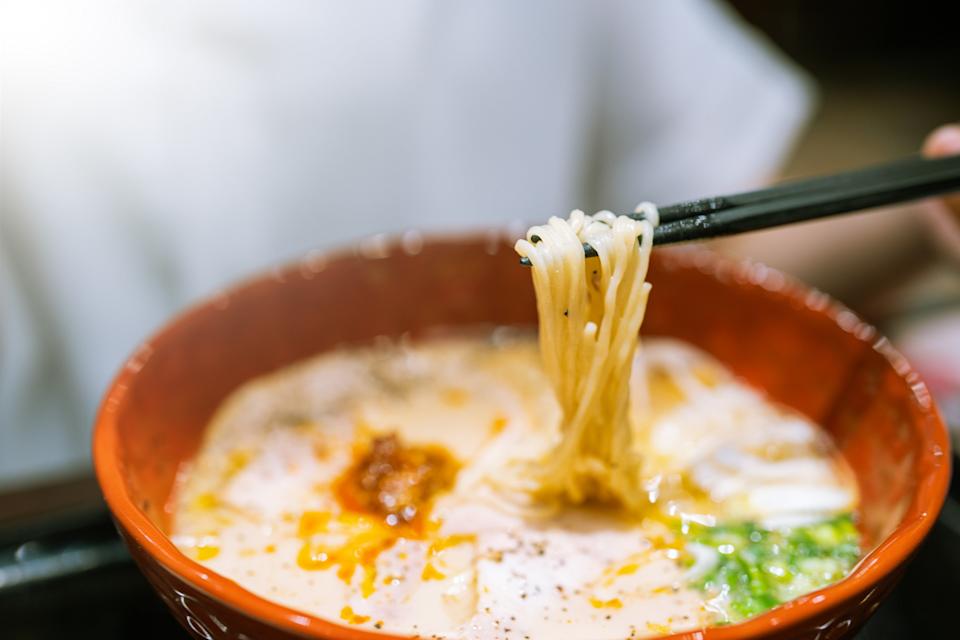
19."Tajín. It’s a seasoning that adds a little bit of lime and kick of spice to your food. I put it on almost everything."
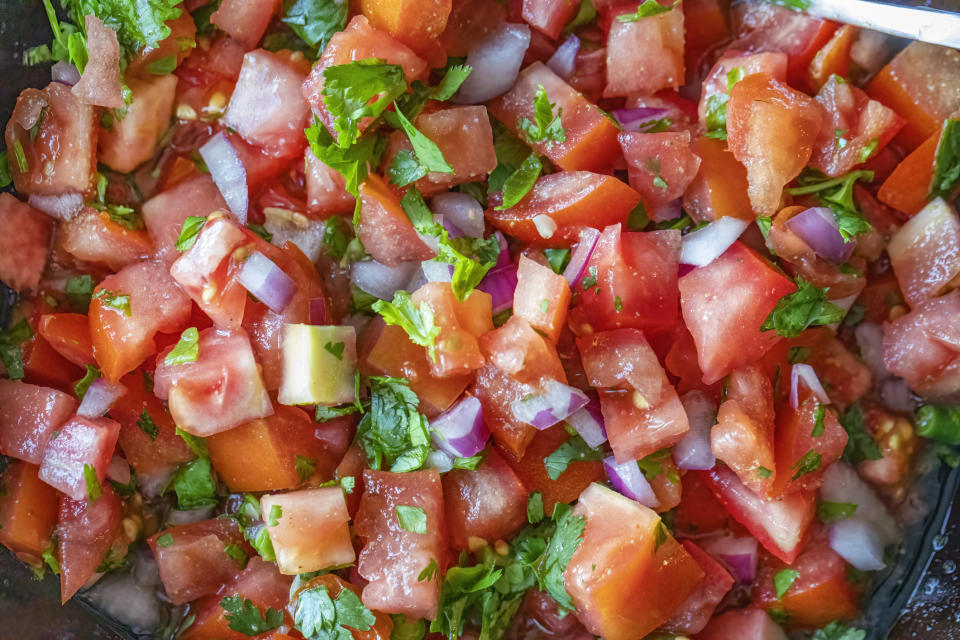
20."White wine. Lots of chefs like to add a dash of lemon or lime juice to their food, but I think white wine works even better."
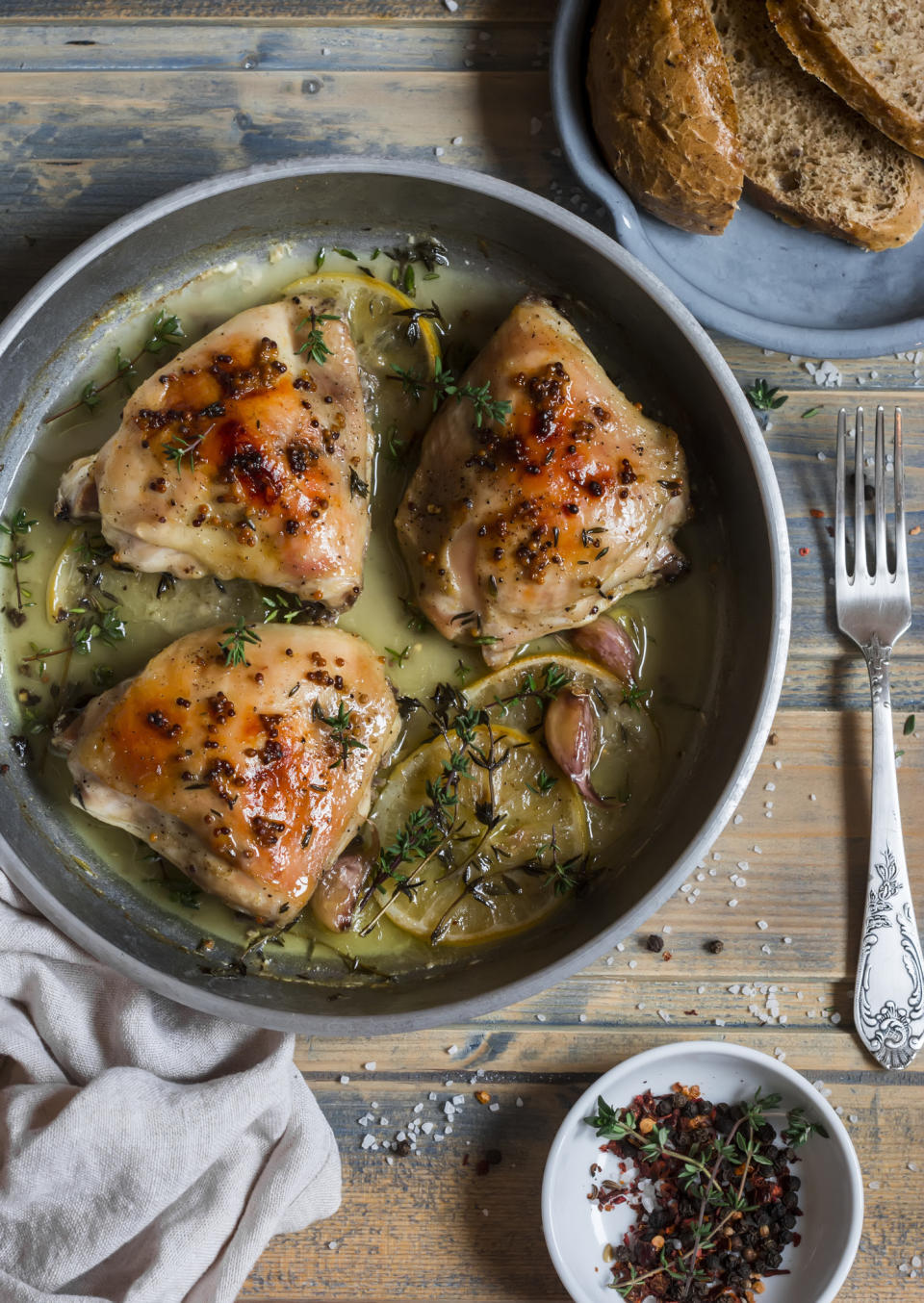
21."Buttermilk. It's an underrated ingredient you can use in marinades and dressings as well as in just about every baked item, like breads and cakes. It just adds that extra zippiness."
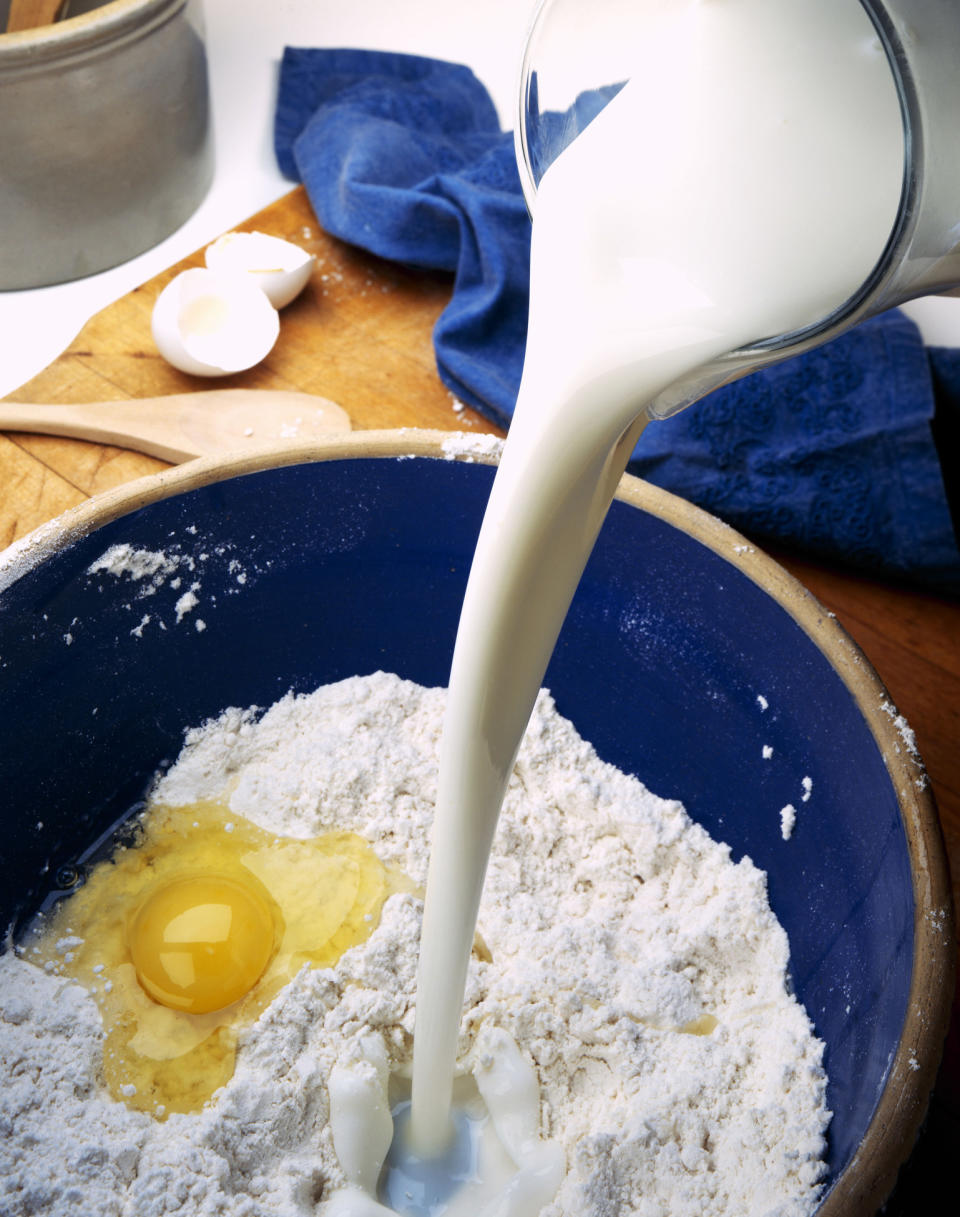
22."Horseradish. Try adding a touch to your mashed potatoes — especially garlic mashed potatoes. It's a game changer. It adds a ton of flavor without being too noticeable or overpowering."
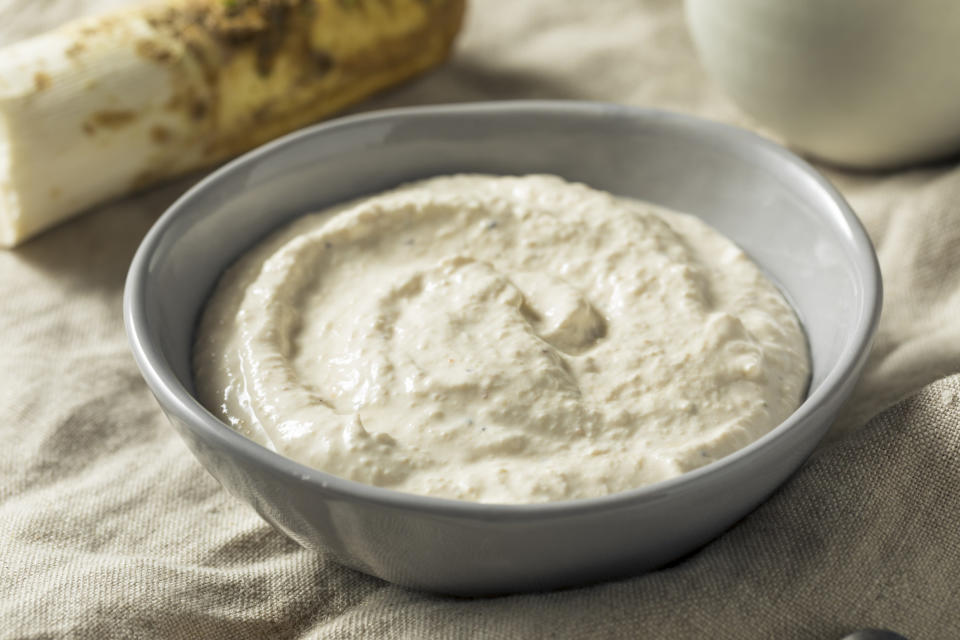
23."Bacon fat. Save your leftover bacon grease and use it instead of olive oil or butter when you're making anything that could use a little extra flavor boost."
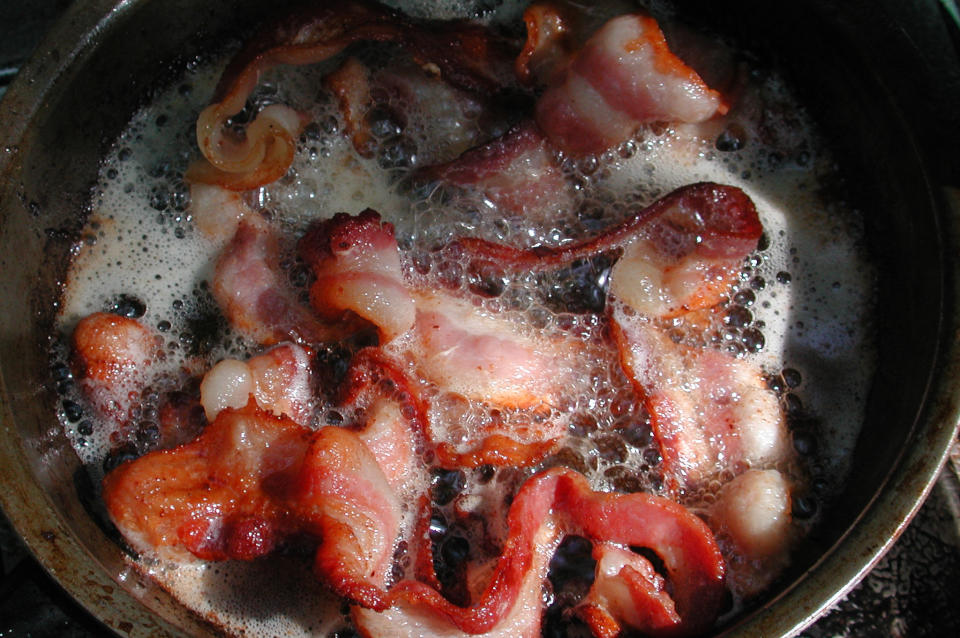
24."Mustard. A friend of mine learned this trick in culinary school, and now I swear by it. If you’re making something savory and it just seems like it needs something but you’re not sure what, add a bit of mustard. Yellow mustard or Dijon always does the trick. I don’t know what kind of magic it is, but it totally works."
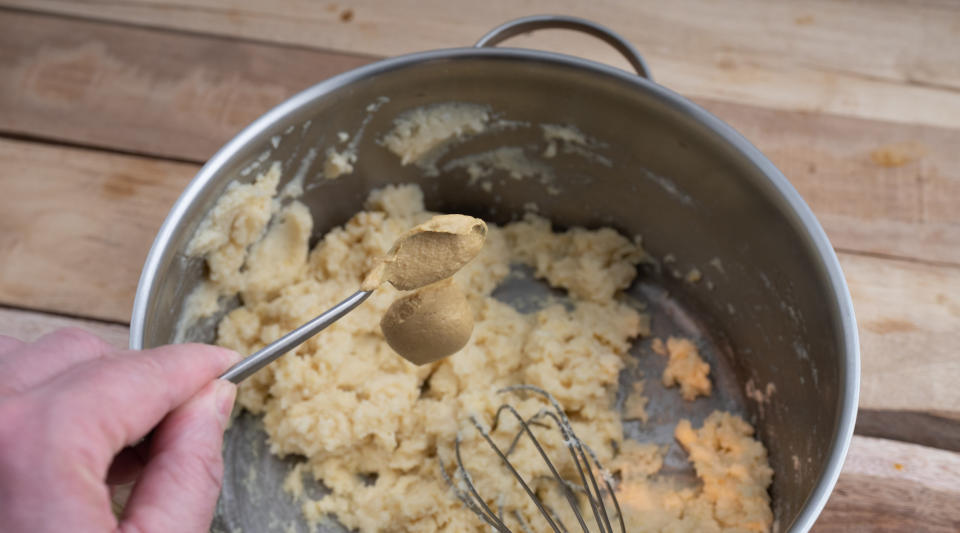
25."MSG. Disregard anybody who says it's bad for you (or gives you headaches and whatnot). Those claims have all been disproven for years."
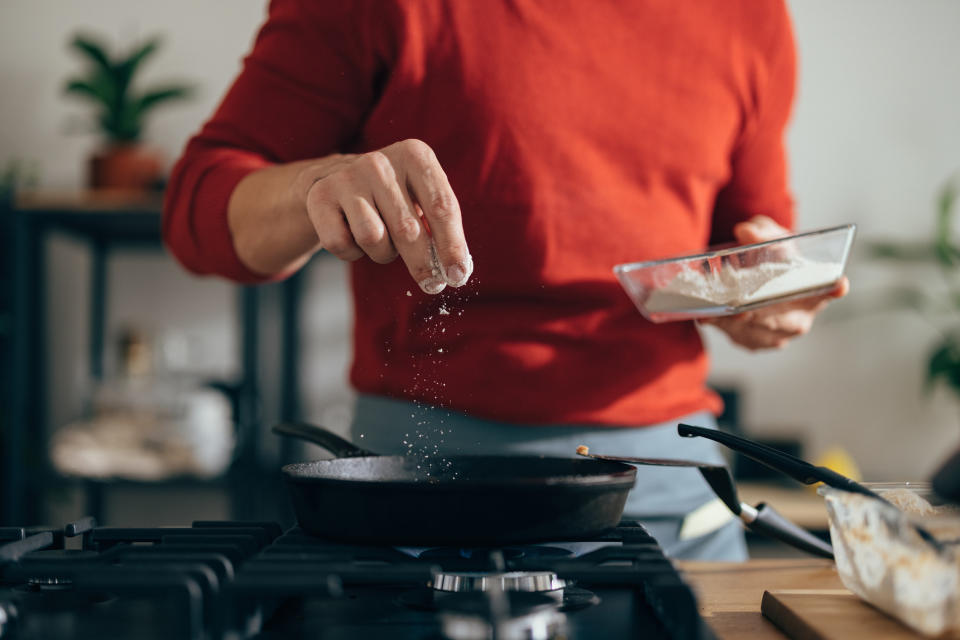
26."Instant mashed potatoes. I use it to thicken soups instead of using cream or a roux, and it's such a game changer."
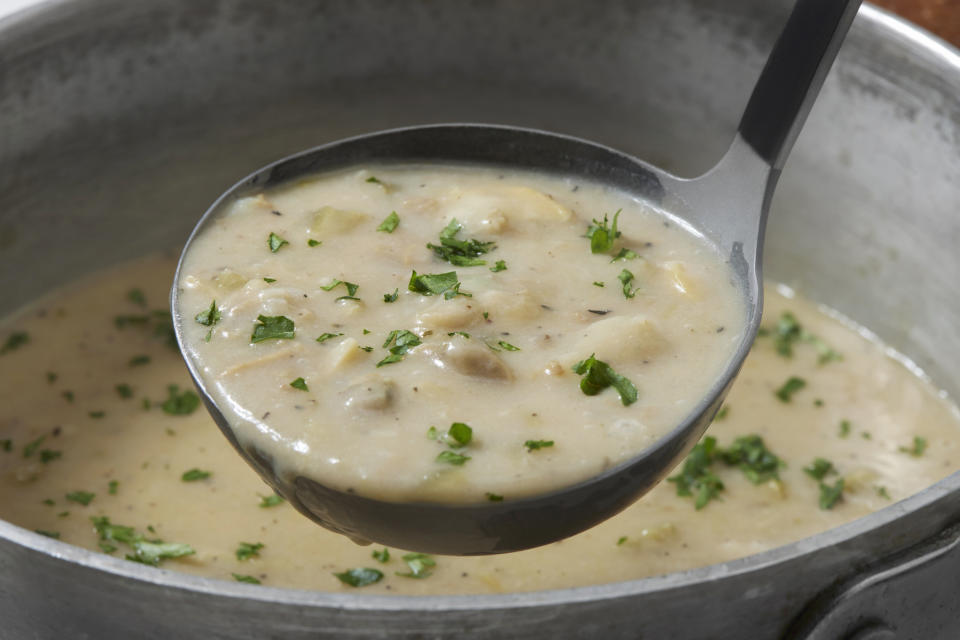
27."Anchovies. Some people think they don't like anchovies or sardines but have no idea how much of it they eat in SO many products. A can of good anchovies can be the beginning of a truly 'gourmet' meal, and you probably wouldn't even be able to identify the specific taste."
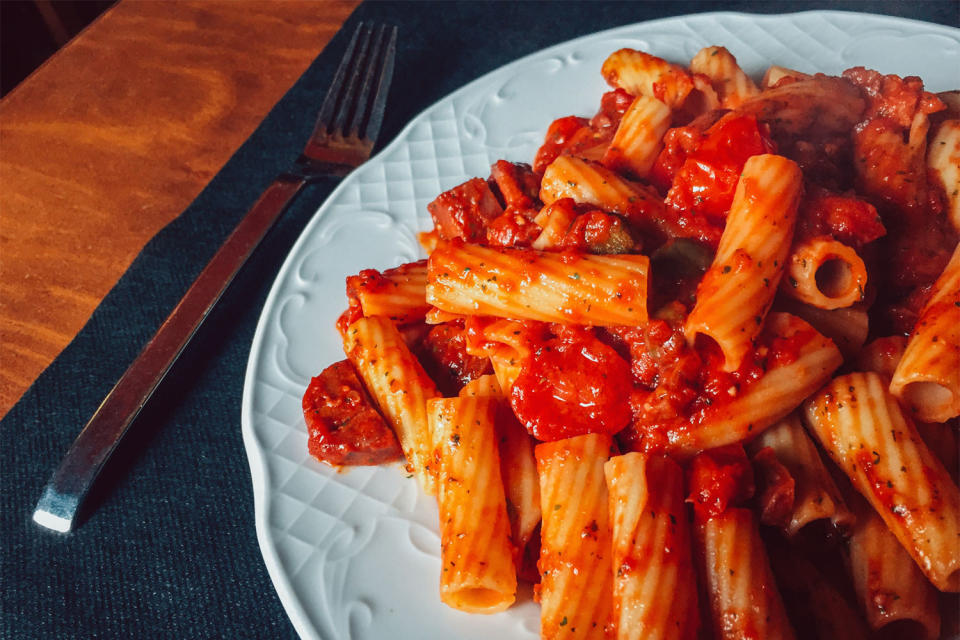
28."Nutmeg. I add a pinch of nutmeg to anything with dairy in it. You can't taste the nutmeg, but it just makes the dairy taste richer and much, much better."
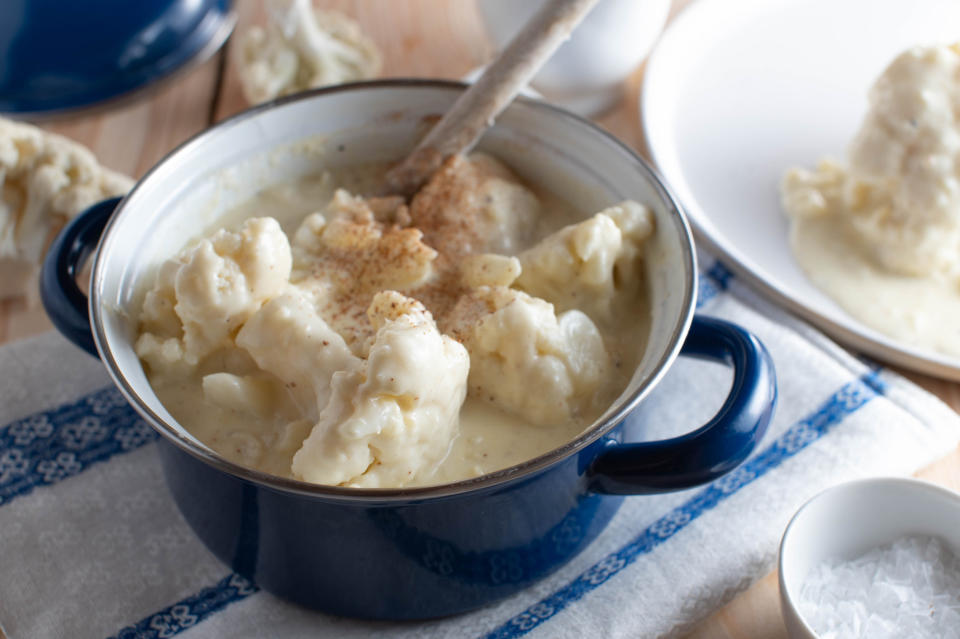
29."Soy sauce. I add this salty condiment to EVERYTHING — from meats to vegetables to pasta — and it'll all become so much richer with almost no added calories. I'm a girl who has always liked to cook, but when I'm lazy or don't have much energy, soy sauce is the best way to transform anything 'basic' into something super delicious."
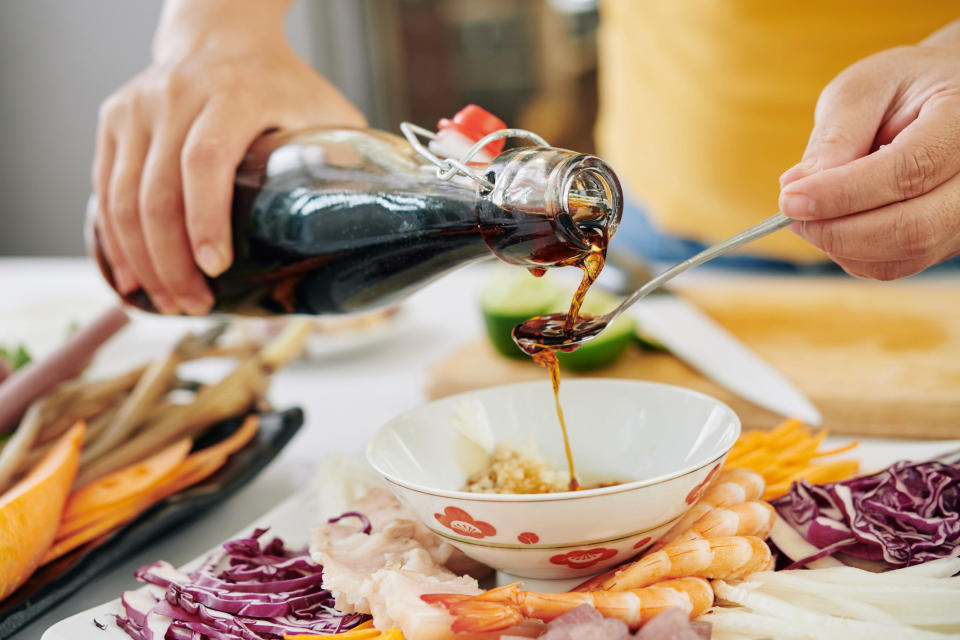
30."Pickle juice. If a dish asks for vinegar, try adding pickle juice instead. My favorite uses are in deviled eggs and all the 'salads,' too — tuna salad, potato salad, egg salad, and macaroni salad. It's really interesting (and delicious) in mashed potatoes, too."
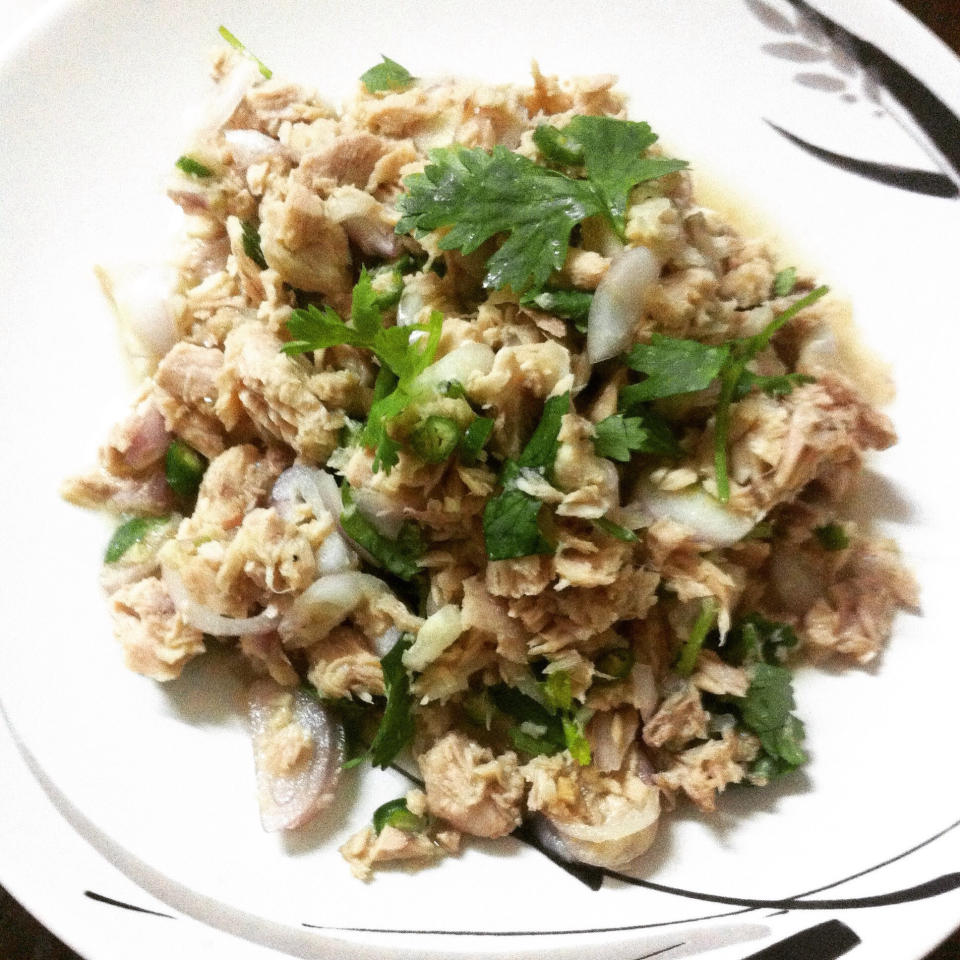
What's an underutilized or underappreciated ingredient that makes a huge difference in your cooking? Tell us in the comments.
Note: Some responses have been edited for length and/or clarity.

